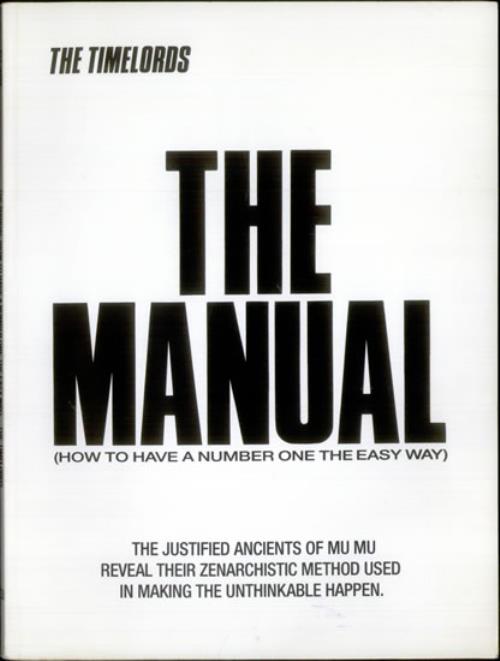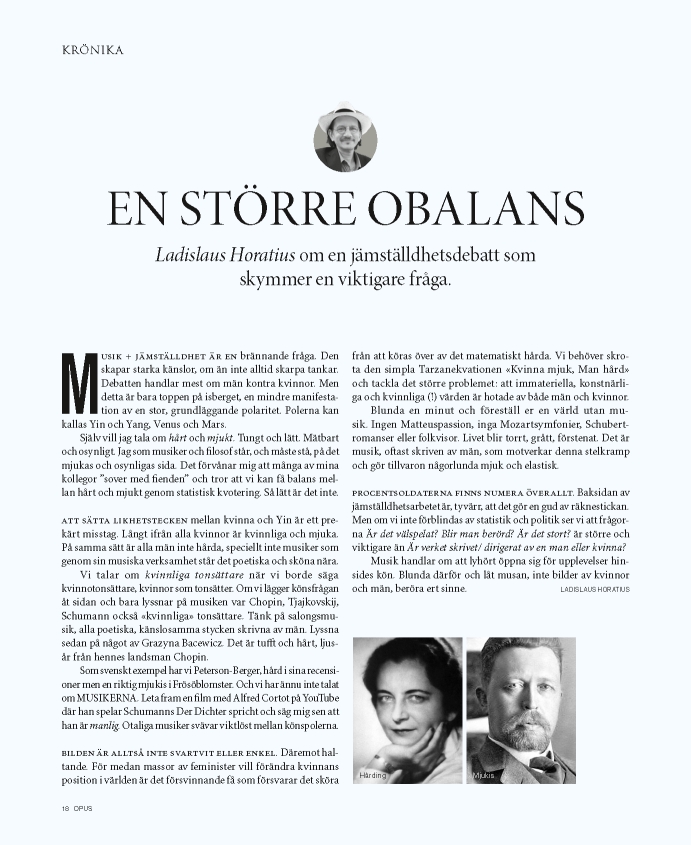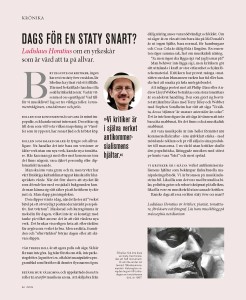Just discovered a stunning parallel to the also stunning Esther Vilar quote in my text about SEO/MEO, the match coming from an old favorite now being re-read.
Here is the Vilar quote again.
“Take a man like Samuel Beckett. For twenty years he has produced a
series of Godot replicas – and surely not for pleasure. After all, he is an intelligent man. He avoids risk the way an alcoholic avoids a cure. Yet if only he could free himself from his conditioned behavior, he would probably do something quite different. Perhaps he might design planes – the reliable construction of his plays hints at a scientific talent – or grow rare plants. He might even, perhaps, just once, write a comedy. Surely so much success is bound to drive away the depths of despair. It might even turn out to he a success with the public. But no, the risk is too great for a carefully manipulated man. Better go on writing plays about the absurdity of the vital instinct – then, at least, he can be certain of praise.“
Actually it is two quotes.
“Once a particular field of work has brought a man success and financial security, it is rare for him to test his abilities in another sphere, attempting to satisfy his curiosity. His supply of praise may be dangerously reduced. Like Miro with his dots-and-lines technique, Johann Strauss with his waltzes, and Tennessee Williams with his plays about psychotic women, he will stick firmly to his successful technique. The risk of attempting to be the measure of his own success is too great for him to take.” (Both quotes from “The manipulated man”)
The parallel might be surprising. It comes form the fantastic “Manual” by KLF. A very very important book that I will return to.

The KLF quote is not about playwrights but musical artists / acts. The insight is basically the same, the tone possible even more acerbic than Vilar´s
“Once or twice a decade an act will burst through with a Number One that hits a national nerve and the public’s appetite for the sound and packaging will not be satisfied with the one record. The formula will be untampered with and the success will be repeated a second, a third and sometimes even a fourth time. The prison is then complete; either the artist will be destroyed in their attempt to prove to the world that there are other facets to their creativity or they succumb willingly and spend the rest of their lives as a traveling freak show, peddling a nostalgia for those now far off, carefree days. These are the lucky few. Most never have the chance of a repeat performance and slide ungracefully into years of unpaid tax, desperately delaying all attempts to come to terms with the only rational thing to do – get a nine to five job.”
“The prison is then complete…” Ah, great minds think alike sometimes. KLF, however, do not only write about men building their prisons, as Vilar does.
PS: I hate giving advice here but if you are a reader — not just a browser or spammer — I suggest that you read these quotes carefully. They are worth it.










